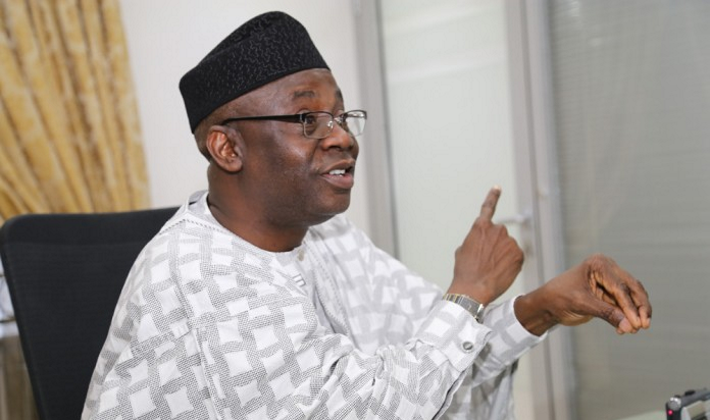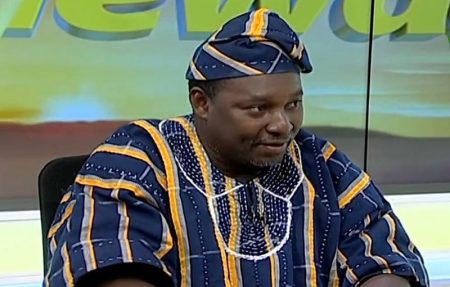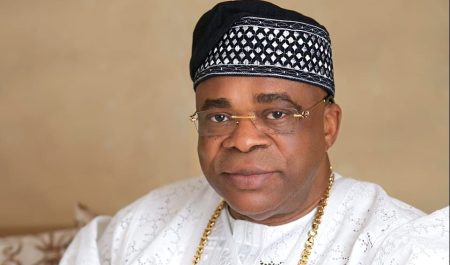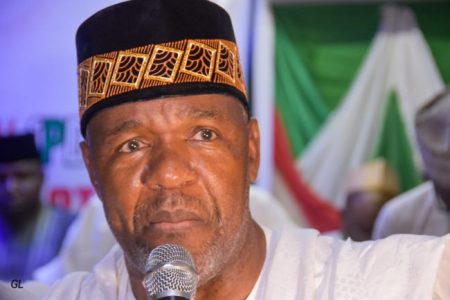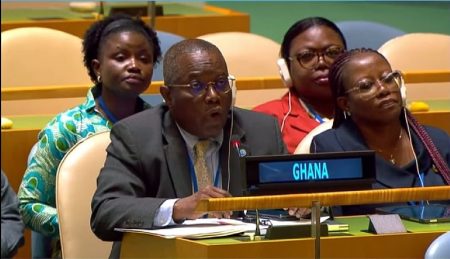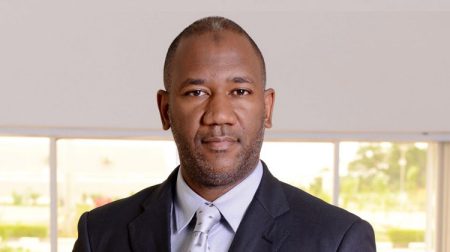Pastor Tunde Bakare, the Overseer of the Citadel Global Community Church, delivered a poignant message emphasizing the crucial need for national unity and collaborative efforts between Nigeria’s northern and southern regions. He underscored this message during a service honoring the legacies of two recently deceased national figures: former President Muhammadu Buhari and the Awujale of Ijebu-Ode, Oba Sikiru Adetona. Their simultaneous passing, Bakare argued, presented a unique opportunity for reflection and a renewed commitment to nation-building, urging the current political class and all Nigerians to embrace the principles of unity and inclusivity to create a prosperous nation that fulfills the aspirations of its people. He highlighted the contributions of both men, urging the nation to move beyond simply inheriting their political constituencies but to embody the values that underpinned their influence.
Buhari and Adetona, both influential figures in Nigerian politics, left behind a complex legacy, a nation brimming with both potential and challenges. Bakare called for a shift away from assigning blame for past failures and towards a collective responsibility for shaping the future. He stressed the importance of building upon the foundations laid by these leaders, creating a Nigeria that functions effectively for all its citizens. Bakare drew parallels between Buhari and the late Chief Obafemi Awolowo, highlighting their respective influence in the northern and southern regions and their representation of progressive political ideals. He emphasized the importance of learning from the values that shaped these leaders, rather than simply focusing on inheriting their political power bases.
The cleric underscored the pivotal role both Buhari and Adetona played in the formation of the All Progressives Congress (APC), emphasizing the critical need for a robust opposition in a healthy democracy. He argued that without Buhari’s continued engagement after the 2011 elections and Adetona’s mediating influence, Nigeria might have become a one-party state, highlighting the dangers of such a political landscape. Bakare emphasized the importance of a strong opposition to hold the ruling party accountable and ensure good governance in the interest of the Nigerian people. He highlighted the irony of Buhari’s perceived religious fundamentalism, contrasted by his demonstrated religious tolerance by appointing Christian leaders to prominent positions in his government.
Bakare urged a deeper understanding of the factors contributing to Buhari’s consistent electoral success, urging a shift in focus from merely inheriting his 12 million votes to embracing the values that resonated with such a large constituency. He challenged the political class to identify and emulate the qualities that made Buhari a symbol of hope for the downtrodden and to prioritize these values in their political pursuits. He emphasized the need for introspection and analysis of the values that resonated with Buhari’s consistent voters base, rather than simply inheriting them.
The cleric highlighted the inherent dangers in attempting to build a one-party state, drawing on the legacy of Buhari and Adetona. He emphasized the importance of a robust and competitive political landscape, where both the ruling party and the opposition contribute to effective governance. Bakare stressed the importance of inclusive governance, urging the nation to move beyond divisions and embrace unity. He challenged the notion of building a nation on divisive lines, advocating for inclusivity as the bedrock of a truly strong and vibrant nation.
Bakare concluded by emphasizing the importance of religious tolerance, using Buhari’s example to dispel misconceptions about his faith. He highlighted Buhari’s actions, including appointing Christian leaders to key positions, as evidence of his commitment to inclusivity. He urged Nigeria to learn from Buhari’s example, promoting religious tolerance and inclusivity as essential elements in building a united and prosperous nation. Bakare’s message served as a call for unity, collaboration, and a renewed focus on the values that contribute to a strong and inclusive Nigeria.





